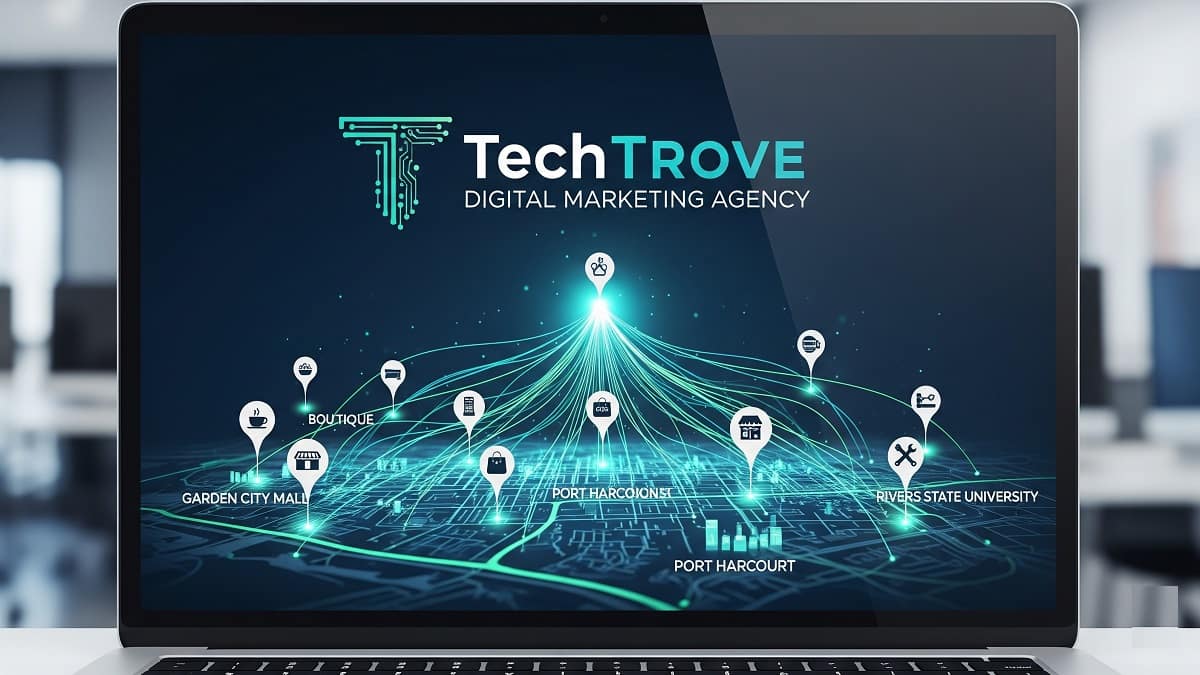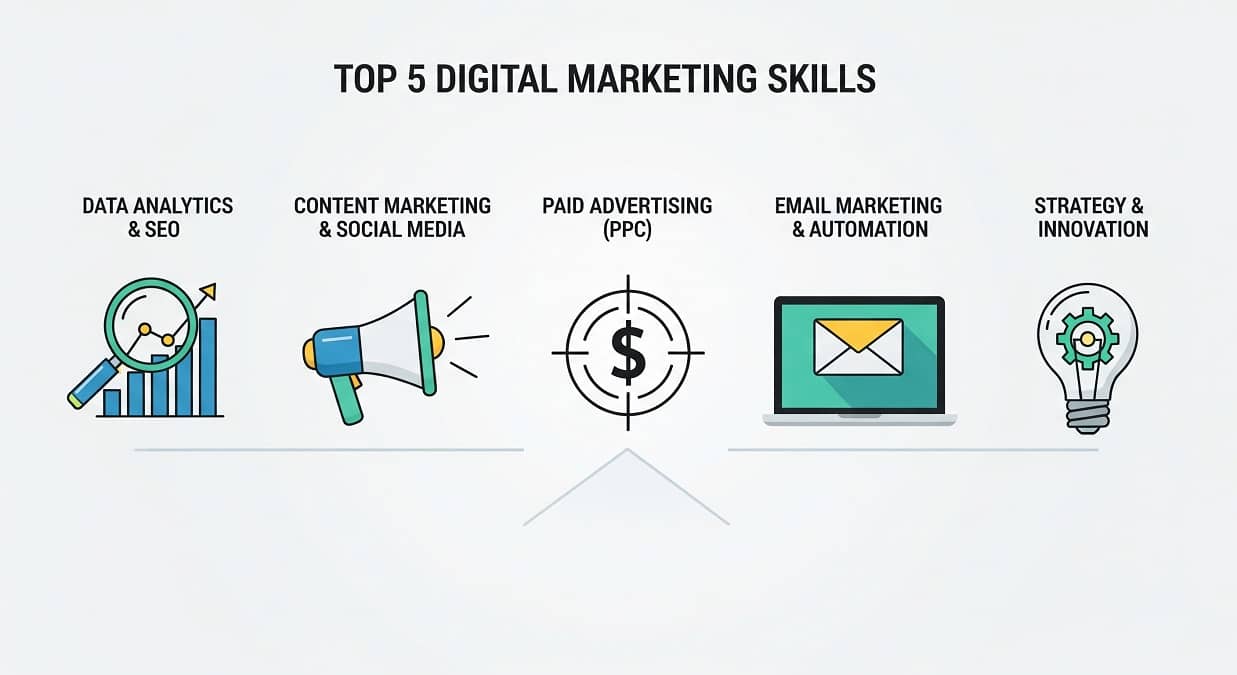Sustainability in Marketing: Why It Matters
Understanding Sustainability in Marketing
Sustainability in marketing is more than just a buzzword—it is a strategic approach that integrates environmental, social, and ethical responsibility into marketing practices. Traditionally, marketing has been focused on promoting products, driving sales, and building brand awareness. Today, however, businesses face growing pressure to consider the environmental impact, social equity, and ethical responsibility of their marketing strategies.
At its core, sustainable marketing involves creating and promoting products and services that meet consumer needs while minimizing harm to the planet and society. This means going beyond profit-driven tactics to embed eco-friendly marketing, ethical marketing, and green marketing principles into every campaign. Companies practicing sustainable marketing aim to ensure their strategies are not only effective today but also beneficial for future generations.

The Importance of Sustainability in Marketing
In a global economy where climate change, biodiversity loss, and environmental degradation dominate conversations, the importance of sustainability in marketing cannot be overstated. Consumers, regulators, and stakeholders demand that brands take responsibility for their actions. Here’s why sustainability in marketing matters more than ever:
Aligning with Consumer Expectations
Today’s consumers are more conscious of their purchasing decisions. Studies show that eco-conscious consumers are willing to pay more for products that are environmentally friendly and ethically produced. By incorporating green marketing practices, brands align themselves with these expectations, positioning themselves as part of the solution rather than contributors to the problem.
Building Brand Loyalty and Differentiation
Sustainable branding strategies create emotional connections with consumers. When companies demonstrate authenticity and social responsibility, customers are more likely to remain loyal. In a competitive marketplace, being recognized for eco-friendly marketing initiatives sets a brand apart and strengthens its long-term value.
Driving Innovation and Profitability
Sustainable marketing drives companies to rethink product design, supply chains, and business models. This often leads to innovation in sustainable practices that reduce costs and improve efficiency. Companies that embrace sustainability are not just doing good—they are also uncovering new profit opportunities by meeting the growing demand for ethical and eco-friendly products.
Key Principles of Sustainable Marketing
To implement sustainability in marketing effectively, businesses must follow key principles that guide their decisions and ensure authenticity.
Authenticity and Transparency
Consumers can easily detect greenwashing—false claims of sustainability. Brands must commit to authenticity and transparency by sharing accurate information about their sustainability initiatives, product sourcing, and environmental impact. Trust is built when companies communicate both their achievements and ongoing challenges.
Innovation in Sustainable Practices
Sustainability is not static; it requires constant improvement. Companies need to innovate in areas such as sustainable packaging solutions, eco-friendly product development, and digital marketing for sustainability. Innovation ensures that sustainable marketing evolves with consumer needs and technological advancements.
Collaboration with Stakeholders
Sustainability is a collective effort. Brands must collaborate with stakeholders—including suppliers, NGOs, governments, and consumers—to create impactful marketing sustainability initiatives. Partnerships amplify efforts and make sustainable practices more scalable.
Implementing Sustainable Marketing Strategies
The transition from theory to practice requires businesses to integrate sustainable marketing strategies across multiple touchpoints.
Eco-Friendly Product Development
Product development is at the heart of sustainable marketing. Companies must design eco-friendly products that use renewable resources, minimize waste, and have a longer lifecycle. Sustainable design not only reduces environmental impact but also enhances the credibility of marketing campaigns.
Sustainable Packaging Solutions
Packaging waste is a critical global issue. Sustainable packaging solutions such as biodegradable, recyclable, and reusable materials reduce environmental impact while appealing to eco-conscious consumers. Highlighting packaging choices in marketing campaigns communicates a brand’s environmental responsibility.
Digital Marketing for Sustainability
Digital platforms are essential tools for eco-friendly marketing. Shifting away from resource-heavy traditional methods, brands can leverage digital marketing channels—such as content marketing, social media, and email campaigns—to share sustainability stories with a global audience at a reduced carbon footprint.
Storytelling and Brand Narratives
Sustainability in marketing is most effective when framed as a story. Storytelling and brand narratives humanize corporate initiatives, making them relatable and memorable. When consumers see themselves reflected in these narratives, they develop stronger connections with the brand.
Challenges in Sustainable Marketing
While the benefits are substantial, sustainable marketing presents real challenges for businesses.
Cost and Investment Considerations
Transitioning to sustainable marketing strategies often requires upfront investments in technology, supply chains, and certifications. For small businesses, these costs may be daunting. However, long-term financial benefits typically outweigh the initial expense.
Navigating Certifications and Standards
The sustainability landscape is full of certifications, eco-labels, and industry standards. Navigating this complex space can be challenging for companies. Choosing the right certifications is essential for credibility and avoiding consumer confusion.
Overcoming Greenwashing Concerns
One of the biggest risks in sustainable marketing is greenwashing—misleading claims about sustainability. Consumers are increasingly skeptical, and brands must work diligently to ensure every claim is backed by evidence, transparency, and measurable outcomes.
The Role of Consumer Engagement
Sustainability is a two-way street. Brands must actively engage with their audiences to foster long-term relationships.
Understanding Your Audience
Effective eco-conscious marketing starts with understanding consumer values. Companies should conduct market research to identify consumer priorities related to sustainability and align their messaging accordingly.
Building Trust Through Transparent Communication
Open and transparent communication builds trust. Sharing details about challenges, progress, and goals in sustainability efforts shows authenticity and strengthens consumer relationships.
Leveraging Feedback for Continuous Improvement
Consumers provide valuable insights that can guide future strategies. By leveraging feedback, brands can continuously improve their sustainable marketing initiatives and demonstrate responsiveness to consumer needs.
The Impact of Sustainability on Business Performance
Sustainability is not just a moral obligation—it is a business advantage.
Enhancing Brand Image and Reputation
Brands known for ethical and eco-friendly marketing enjoy stronger reputations. A positive brand image attracts loyal customers, investors, and partners, enhancing overall business performance.
Regulatory Compliance and Risk Management
Sustainability in marketing helps companies stay ahead of regulatory compliance requirements. Proactively adopting sustainable practices reduces legal risks and ensures resilience in a rapidly evolving regulatory landscape.
Long-Term Financial Benefits
Though often associated with higher upfront costs, sustainable marketing delivers long-term financial benefits. Reduced resource consumption, operational efficiencies, and stronger customer loyalty all contribute to profitability.
Case Studies of Successful Sustainable Marketing
To illustrate the power of sustainability in marketing, let’s look at a few notable success stories.
Innovative Product Launches
Brands like Patagonia and Tesla have built reputations around sustainability. Patagonia promotes products designed to last, encouraging customers to repair rather than replace. Tesla revolutionized the auto industry by making electric vehicles aspirational and accessible.
Transformative Branding Campaigns
Unilever’s Sustainable Living Brands (such as Dove and Ben & Jerry’s) have proven that sustainability can drive both brand growth and profitability. These campaigns integrate social and environmental issues into their storytelling, resonating with millions of consumers worldwide.
Conclusion
The importance of sustainability in marketing lies in its ability to align business growth with environmental and social responsibility. From eco-friendly product development to authentic storytelling, sustainable marketing ensures brands remain relevant in a world where consumers demand more than just products—they demand purpose.
By embracing sustainable marketing, businesses not only protect the planet but also unlock innovation, build stronger consumer trust, and secure long-term profitability. In a future where eco-conscious marketing will become the norm, the question is no longer whether to adopt sustainability in marketing but how quickly brands can adapt to thrive.






